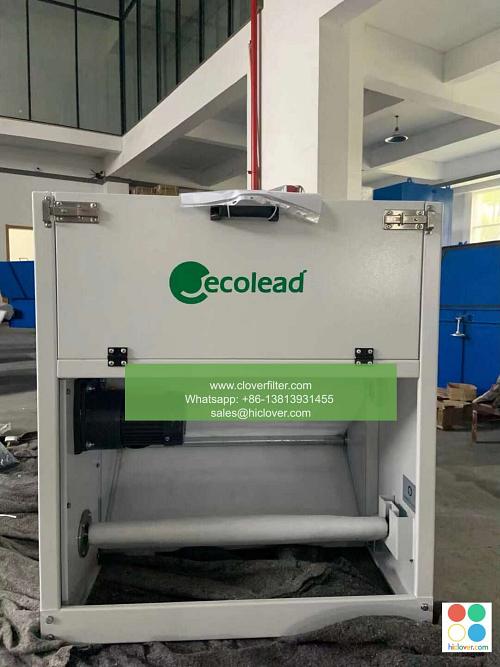Air Filter Programs for Residential Buildings: A Guide to Implementation

Air filter programs are an essential component of maintaining good indoor air quality (IAQ) in residential buildings. These programs involve the regular replacement and maintenance of air filters to ensure they function optimally, removing airborne pollutants and improving the overall health and comfort of occupants. In this article, we will delve into the world of air filter programs, exploring their importance, benefits, and implementation strategies for residential buildings.
Why Air Filter Programs Matter
Implementing an effective air filter program is crucial for several reasons. Firstly, it helps to improve indoor air quality by capturing dust, pollen, mold, and other airborne contaminants that can exacerbate respiratory issues like asthma. Secondly, a well-maintained air filter can enhance HVAC system efficiency, reducing energy consumption and lowering utility bills. Finally, air filter programs can extend the lifespan of HVAC equipment by preventing damage from dirt and debris accumulation.
Key Components of an Air Filter Program
A comprehensive air filter program for residential buildings should include the following key components:
- Filter Selection: Choosing the right type and size of air filter for your building’s HVAC system is essential. Consider factors like MERV rating, filter media, and compatibility with your system.
- Replacement Schedules: Establish a regular replacement schedule to ensure filters are changed before they become clogged and ineffective. This may be every 1-3 months, depending on usage and environmental conditions.
- Filter Maintenance: Regularly inspect and clean filters to prevent dirt buildup and ensure optimal performance.
- Monitoring and Testing: Conduct regular air quality tests to assess the effectiveness of your air filter program and identify areas for improvement.
- Conduct a Building Assessment: Evaluate your building’s specific needs and challenges, including occupancy rates, environmental conditions, and HVAC system configurations.
- Develop a Customized Plan: Create a tailored air filter program that addresses your building’s unique requirements and incorporates the key components outlined above.
- Train Building Staff: Educate maintenance personnel on the importance of air filter programs, proper filter installation and replacement procedures, and maintenance schedules.
- Engage with Occupants: Inform residents about the benefits of air filter programs and encourage them to report any issues or concerns related to indoor air quality.
- Apartment Complexes: Implementing an air filter program in apartment complexes can improve IAQ and reduce energy consumption, enhancing the overall living experience for residents.
- Condominiums: Air filter programs can help condominium owners and associations maintain healthy indoor environments, reduce HVAC maintenance costs, and increase property values.
- Senior Living Facilities: Effective air filter programs are particularly important in senior living facilities, where residents may be more susceptible to airborne pollutants and IAQ-related health issues.
Implementation Strategies for Residential Buildings
To implement an effective air filter program in a residential building, consider the following strategies:
Application Areas and Benefits
Air filter programs can be applied in various residential building settings, including:
Conclusion
Implementing an effective air filter program is a critical step in maintaining good indoor air quality, improving HVAC system efficiency, and enhancing the overall health and comfort of occupants in residential buildings. By understanding the importance of air filter programs, selecting the right filters, and developing a customized plan, building owners and managers can create a healthier, more sustainable living environment for residents. Remember to highlight the benefits of air filter programs, including improved IAQ, reduced energy consumption, and extended HVAC equipment lifespan, to ensure a successful implementation and maximize the returns on your investment. You haven’t provided a question or topic for me to assist with. Please provide more context or information so I can give you a helpful and accurate response. What would you like to talk about or ask?

